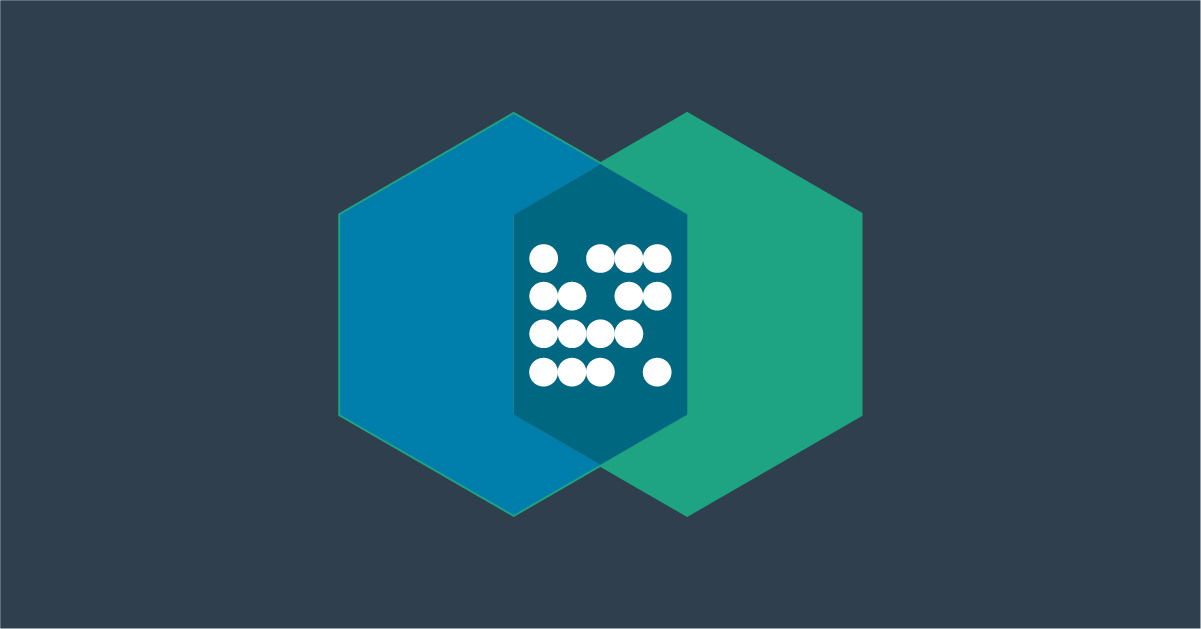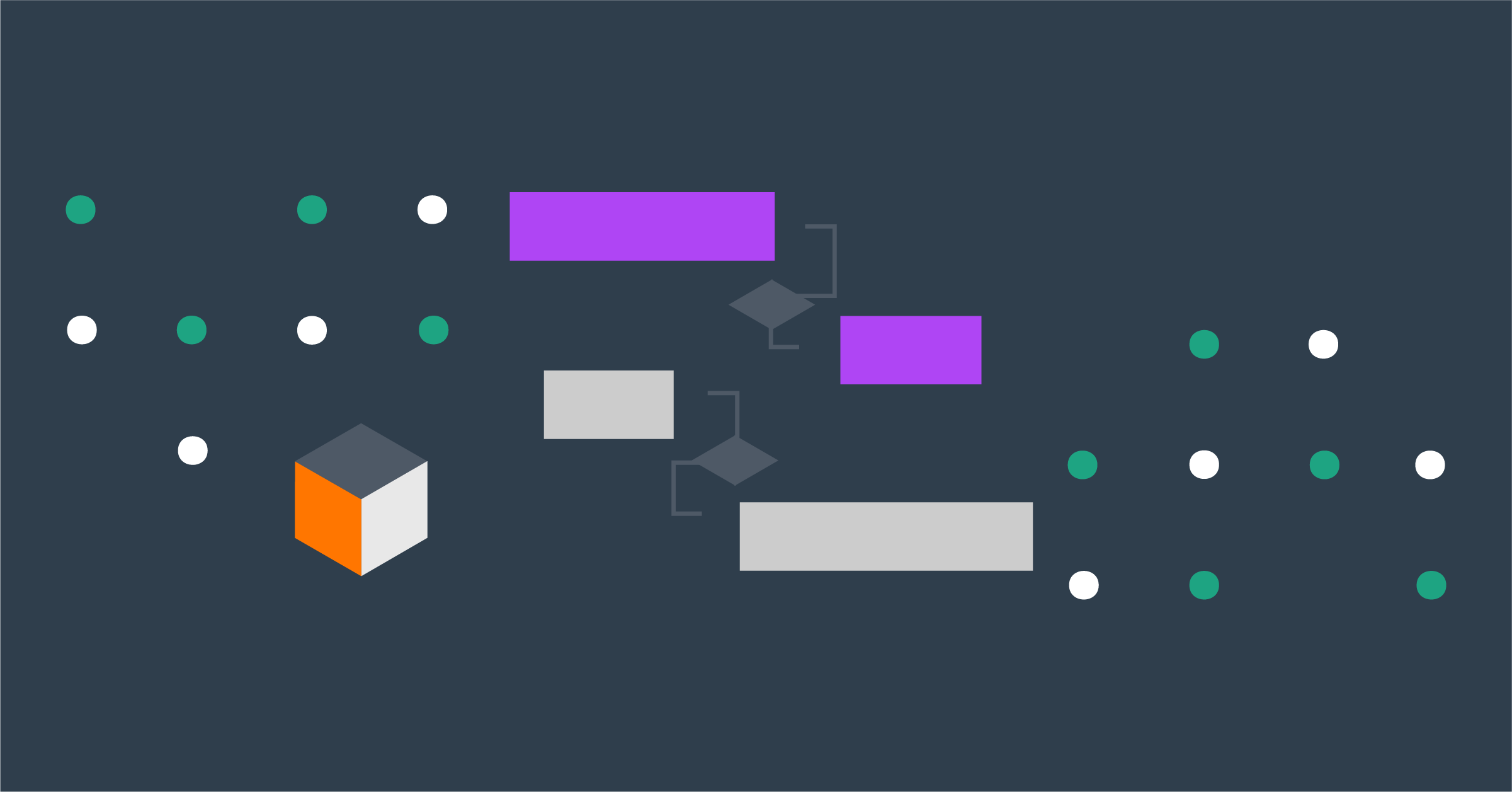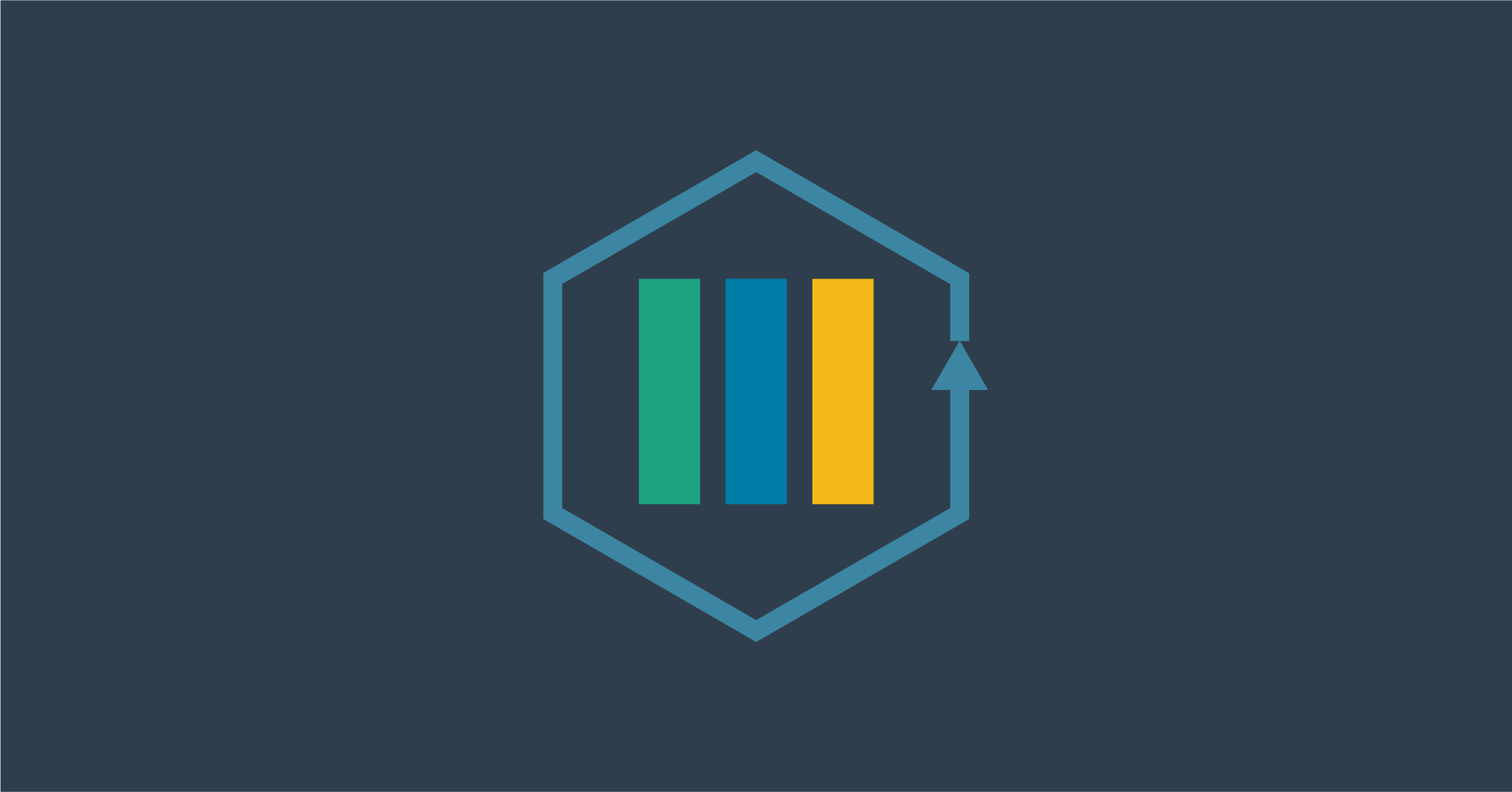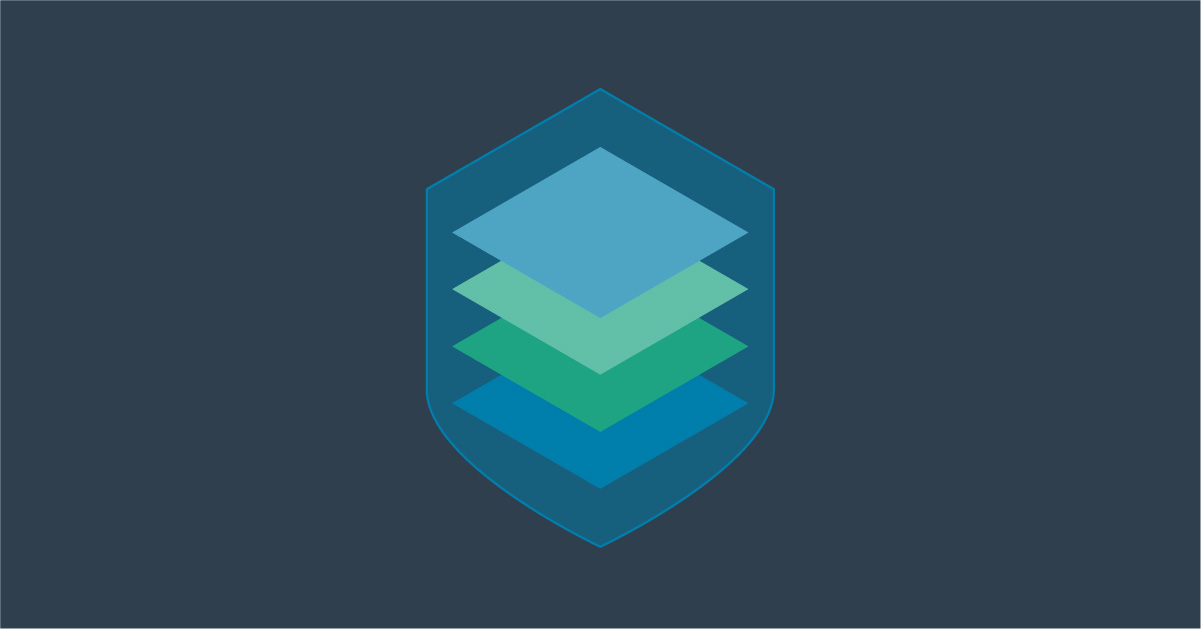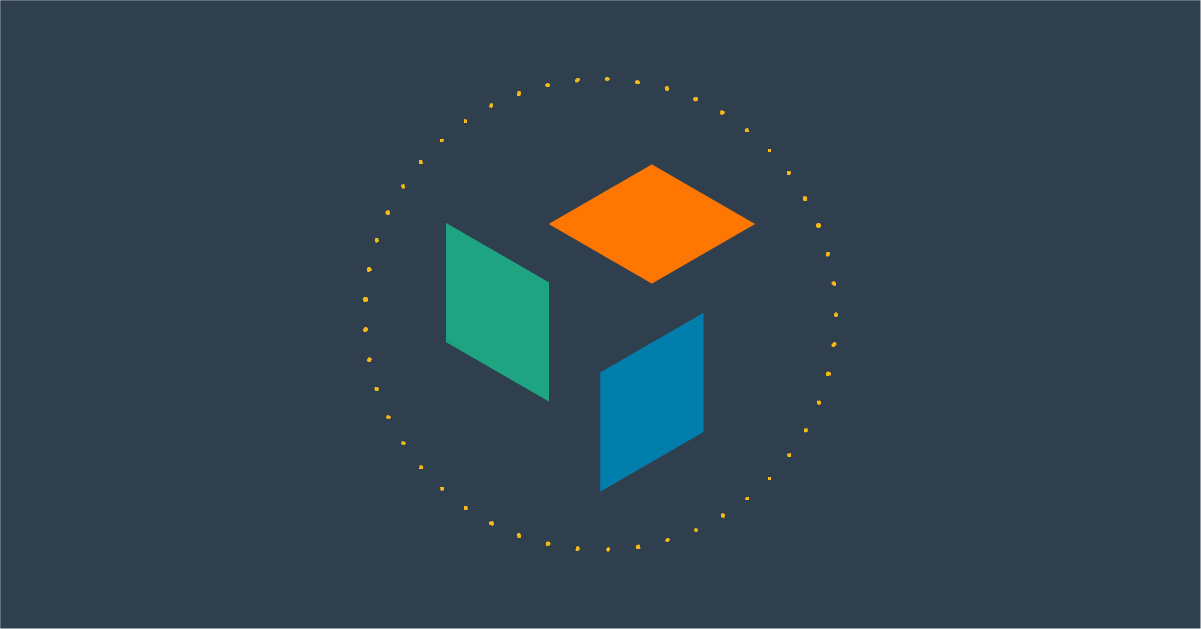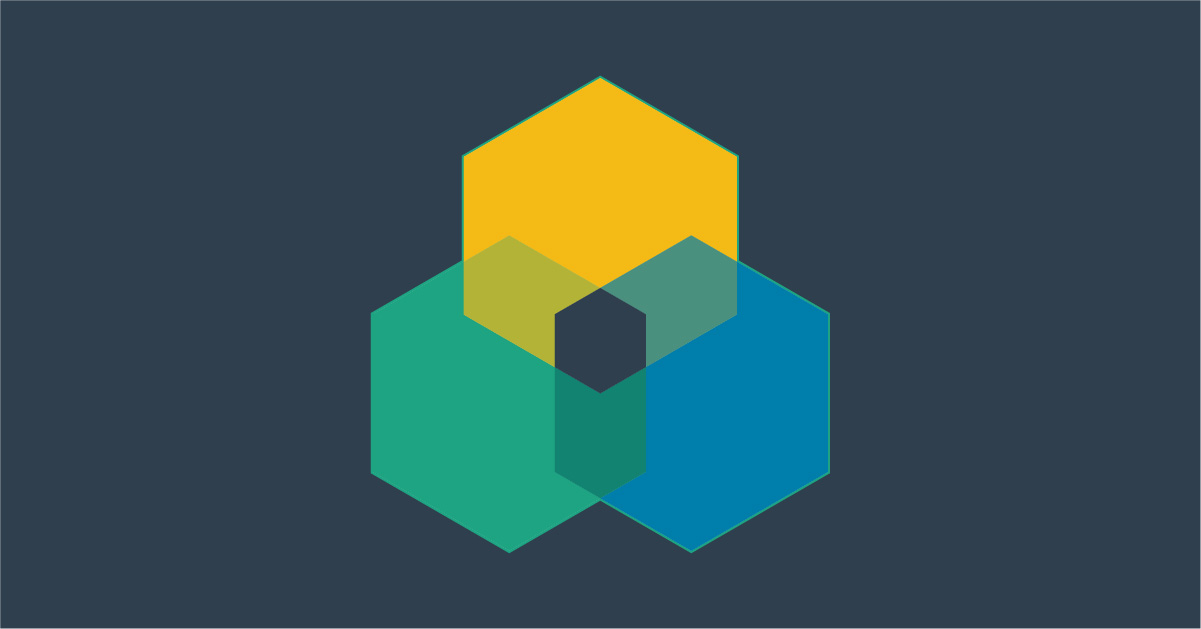
FinOps Certified Professional
Select to learn more about the FinOps Certified Professional requirements, class structure, and to purchase.
The FinOps Certified Professional course is the most in-depth and hands-on FinOps training available. It is designed for FinOps Practitioners who want to further their knowledge and careers through professional development and accreditation. In this course, students will hone their working-level knowledge of the practice of FinOps and come out prepared to build or lead a FinOps team.
Level: Advanced
Approximate time to complete: 40-50 hours of anticipated work over several weeks
Required Prerequisites: Must have an active FinOps Certified Practitioner Certification, 6+ months of FinOps working experience
- Gain the knowledge needed to build or lead a FinOps team
- Be recognized as an expert in the field of FinOps
- Learn from others who have faced similar challenges
- Develop relationships with other FinOps Practitioners
- Get answers to your unique questions and problems
The FinOps Certified Professional Certification is for those who plan to hold a position on a FinOps team or provide FinOps services as consultants or vendors. It is designed for people who work in a FinOps role and want to sharpen their skills through hands-on training with other qualified professionals. This course is not for everyone - it is best suited for those who will be doing the work of a FinOps Practitioner. You should consider this course if you are any of the following:
- FinOps Practitioner (e.g., FinOps Analyst, Director of Cloud Optimization, Manager of Cloud Operations, or Cloud Cost Optimization Data Analyst)
- Cloud Budget Owner
- Cloud Service Provider (e.g., Consultant, Managed Service Provider)
- Support professional who works for a Cloud Service Provider or a FinOps tooling vendor (e.g., Technical Account Manager, Customer Success Services)
- Product Manager who develops FinOps tools for a FinOps tooling vendor
- Understand the basics of how cloud computing works and know the key services from your cloud providers, including their common use cases
- Have a basic understanding of consumption-based billing and pay-as-you-go pricing models
- Can describe the basic value proposition of running in cloud
- Have a base level of knowledge of at least one of the three main public cloud providers (Amazon Web Services, Microsoft Azure, Google Cloud)
- Be a FinOps Foundation community member
- Have access to Google Workspace (used for shared work during training sessions)
- Remote Instructor-led Sessions
- Session 1: Attend this class near the beginning of your training, after completing the FinOps Professional Introduction module
- Session 2: Attend this class near the end of your training, after completing all of the self-paced modules
- Self-paced Modules
- Service & Content Requirements
- The service project requirement can be fulfilled with work you do in service of the FinOps community in general, or to its members individually. Examples include:
- Leading or co-leading a Working Group
- Helping to lead the instructor-led FinOps Certified Practitioner course (requires additional approval)
- Presenting at a community event
- Mentoring those within your company about FinOps
- The content contribution requirement can be filled by creating a piece of content for the FinOps Asset Library. Please see the requirements for Contributing Content. Contributions should provide in-depth, insightful, professional-level information that is useful to the community.
- The service project requirement can be fulfilled with work you do in service of the FinOps community in general, or to its members individually. Examples include:
- Interactive training modules with written content and videos
- 12-month access to course materials and entrance to the exam after completing course requirements
- Two live (remote) classes led by FinOps Foundation staff
- 12-month access to a private Slack channel to collaborate with other students taking the course
- FinOps Certified Professional certificate and badge (upon passing the exam)
After passing the Exam, the FinOps Certified Professional Certification is valid for 36 months.
If you pass the exam, you will be emailed a certificate immediately following the exam, with a unique code in the bottom left corner. This certificate proves that you are a Certified FinOps Professional. Additionally, you will receive a digital FinOps Certified Professional badge to display on your LinkedIn account.
If you have questions, please contact training@finops.org.






